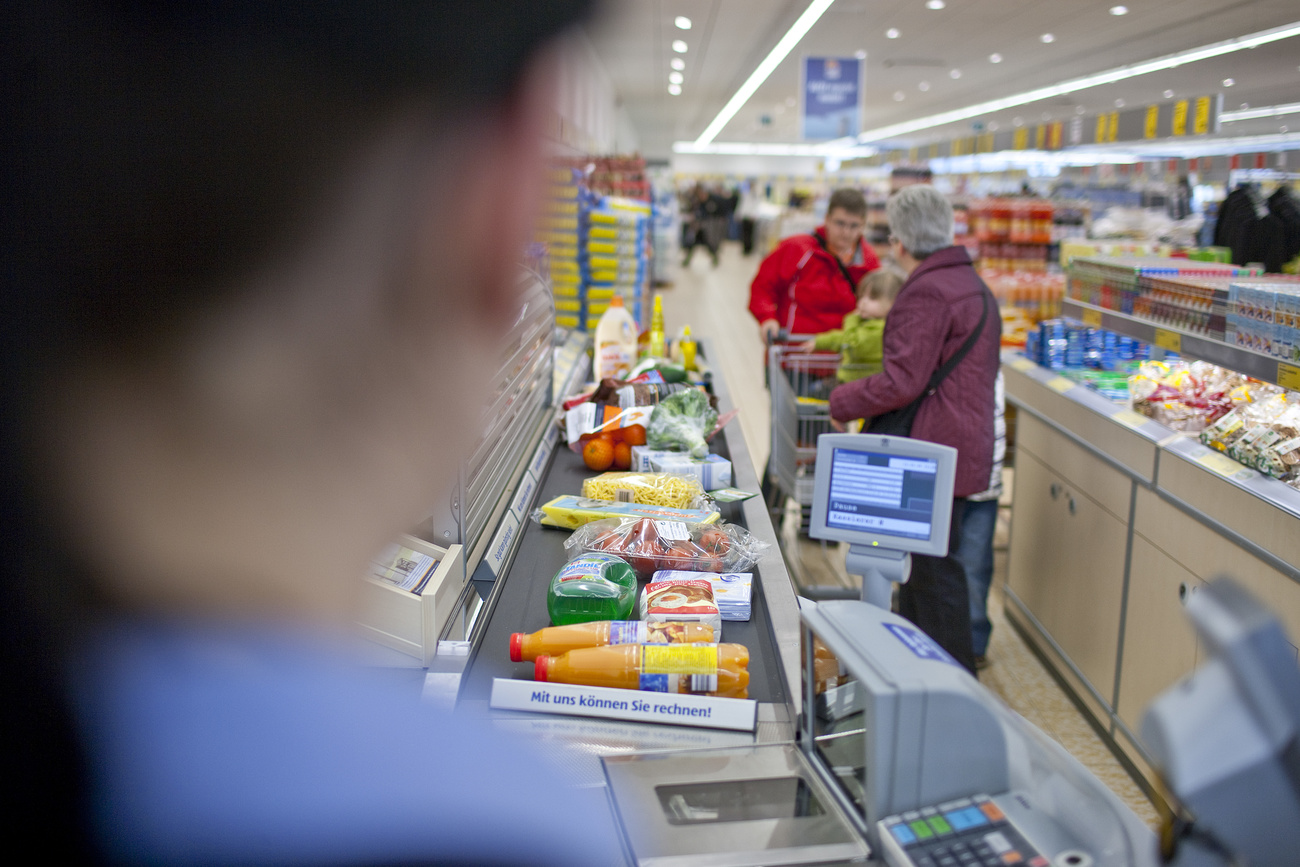
Inflation under control, says Swiss central bank

Swiss National Bank President Thomas Jordan said that officials are “relatively comfortable” with the country’s inflation prospects, Le Temps reported, citing an interview.
Do you want to read our weekly top stories? Subscribe here.
A day after data showed annual consumer price growth unexpectedly weakened in June, the remarks from the central bank’s outgoing chief highlight that policymakers increasingly view the risks there to be relatively benign.
“All our models show inflation converging in the medium term at around 1% at constant exchange rates,” said Jordan.
+ When Swiss inflation hit a 30-year high
“We’re seeing fewer so-called second-round effects, which leads us to believe that we’re heading that way. The strength of the franc also reduces risk of inflation. It’s important to continue monitoring the situation, but for the moment it’s relatively comfortable.”
Jordan, who will be succeeded by Vice President Martin Schlegel in October, spoke just weeks since the SNB delivered a second consecutive cut in the interest rate, and days before a runoff in French elections — an event that last month led to strengthening in the franc amid safe-haven flows.
Asked on whether he is concerned about another surge in the currency, Jordan acknowledged that the exchange rate has “an influence on monetary conditions in Switzerland.”
“Political uncertainty, in Europe and elsewhere, can have an impact on the Swiss franc, which is a safe-haven asset,” he said. “This is something we need to take into consideration” and “as we’ve already proven, we’re also ready to intervene on the foreign exchange market if necessary. Only if necessary.”

More
Explainer: how Switzerland is dealing with rising prices

In compliance with the JTI standards
More: SWI swissinfo.ch certified by the Journalism Trust Initiative





























You can find an overview of ongoing debates with our journalists here . Please join us!
If you want to start a conversation about a topic raised in this article or want to report factual errors, email us at english@swissinfo.ch.